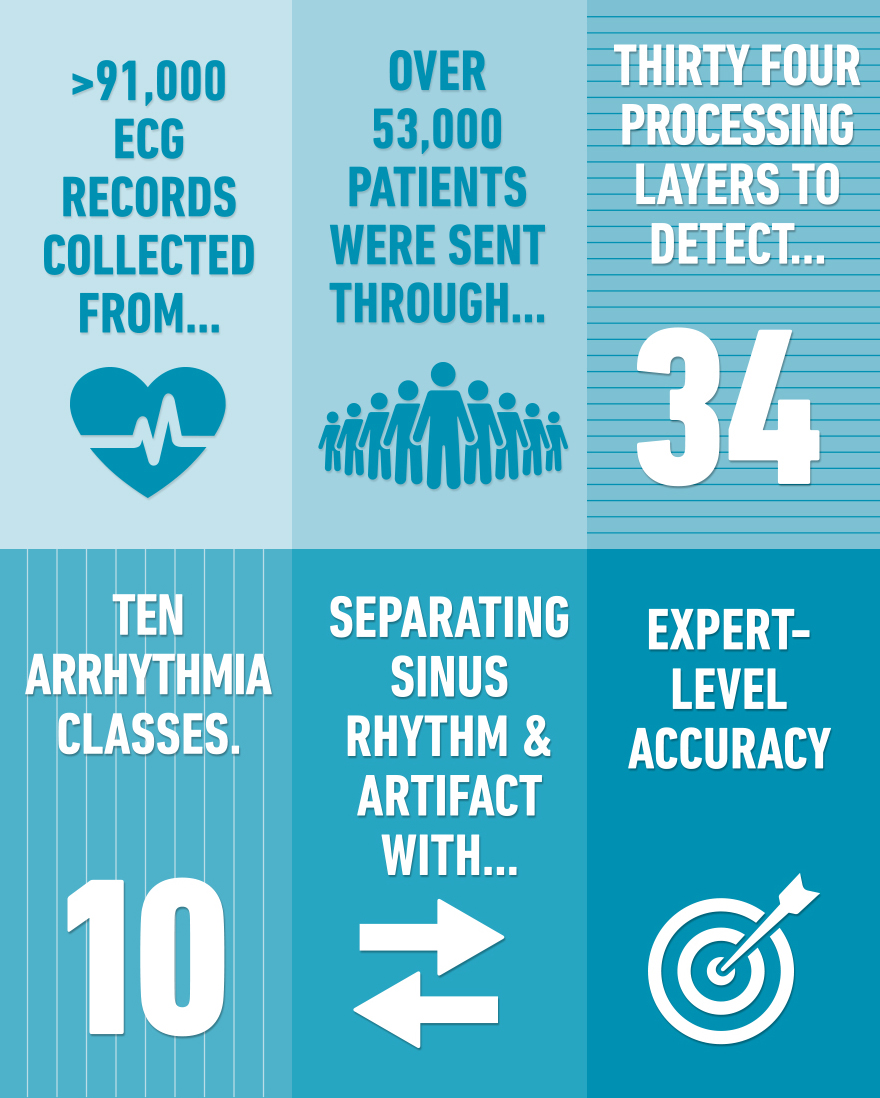“It’s imperative… that you give thought to what type of algorithm and therefore information you will be receiving on that patient.” — Dr. Martin Maron, Director of the Hypertrophic Cardiomyopathy Center at Tufts Medical Center
How Could Artificial Intelligence (AI) Impact Cardiology?
AI technology can expedite comprehension of large ECG data sets, boosting clinical efficiency and letting physicians focus on patient care rather than having to re-look at questionable strips. However, not all algorithms are created equal. It’s important to be discerning about algorithm quality when choosing a service for your practice.


